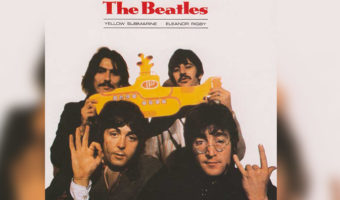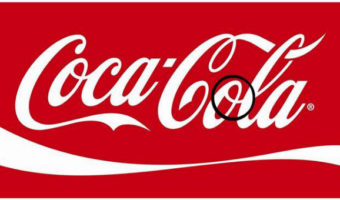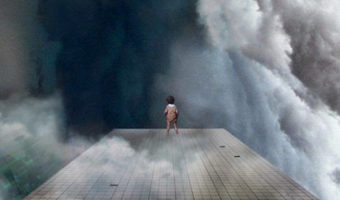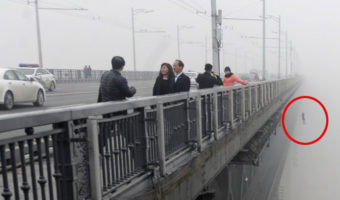Why Does Iceland Not Have Any McDonald’s Restaurants?
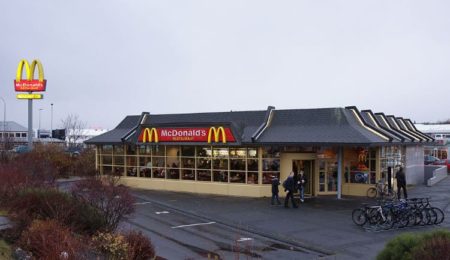
In Iceland, you can find geothermal (hot water) pools, northern lights, glaciers, active volcanoes, and many more marvelous things. However, what you cannot find in this beautiful country is a signboard with two golden arches that create the letter “M.” That’s right. There are no McDonald’s in Iceland! In fact, the last operating McDonald’s restaurant in the country has been shut down since 2009. So, are Icelandic people avoiding junk food, or is it something else? Let’s find out.
Why doesn’t Iceland have McDonald’s?
McDonald’s was already popular in the West since the ’50s, yet the first McDonald’s in Iceland was opened much later, in 1993. However, 16 years after the launch, Iceland’s last McDonald’s restaurant was shut down in October 2009. And no, it was not because the Iceland government wanted its citizens to avoid junk food. Instead, it was the 2008 recession that led the fast food chain giant to exit the Iceland marketplace.
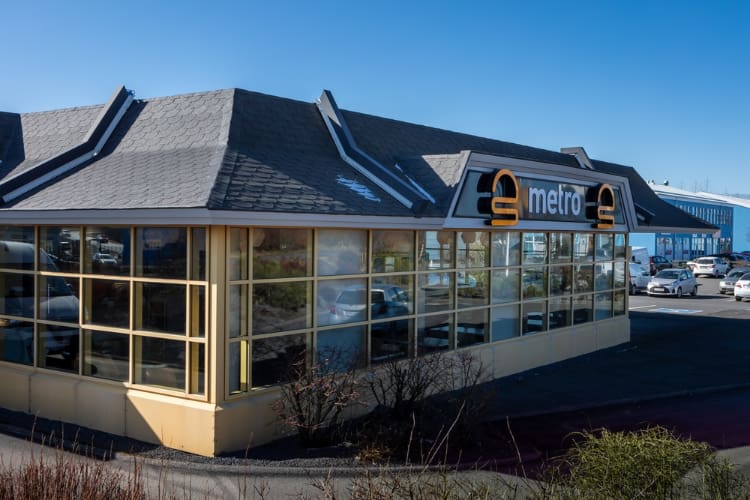
When the global economic collapse struck Iceland, the value of Icelandic currency lost almost half of its value in the international markets. As a result, the import prices skyrocketed in no time. The import prices had gone so high that the price of importing one kilo of onions for McDonald’s from Germany was the same as that of a bottle of a good whisky! It made it difficult for foreign businesses like McDonald’s to maintain profit margins without drastically increasing product prices.
McDonald’s had its share of popularity in Iceland.
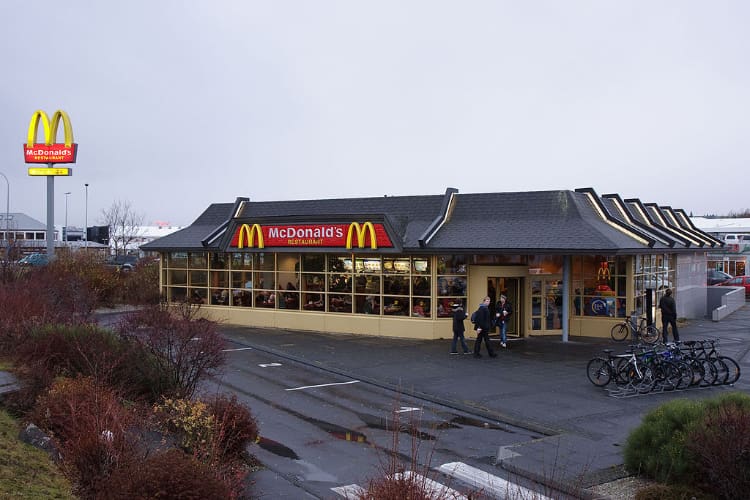
It was not as if McDonald’s could never find a business for itself in Iceland. In the initial days of the launch, McDonald’s sold thousands of burgers daily, with people waiting in line for hours. The people of Iceland welcomed McDonald’s as it gave them a sense of belonging to the global community.
Unfortunately, it could not continue for very long. To cope with the losses, McDonald’s increased its menu prices by 20%. Due to this, the price of a Big Mac in Iceland increased to an equivalent of $6.63! It would have made it the most expensive Big Mac in the world back then! As a result, due to high operational costs and lower profit margins, McDonald’s had no choice but to shut down the business in Iceland.
McDonald’s last cheeseburger and fries in Iceland are still on display at the National Museum of Iceland!

Hjortur Smarason, an Icelandic citizen, grabbed the country’s last McDonald’s meal on 30 October 2009. It was right before the restaurant was shut down for the last time in the country. Interestingly, Smarason never intended to eat the last McDonald’s meal in Iceland! In an AFP interview in 2019, he said he wanted to see if McDonald’s never decomposes for real.
Smarason brought the McDonald’s meal, a cheeseburger and fries, home and kept it inside a usual plastic bag in his garage. However, what followed next simply blew his mind away. The McDonald’s cheeseburger and fries showed no sign of rot for the next three years! So, Smarason decided to donate the burger and fries to the national museum to be kept on display for everyone.
However, specialists at the museum reckoned that they did not know how to preserve the burger. So, they returned the burger back to Smarason. Smarason, however, had his own beliefs. According to him, the burger could preserve itself! The burger was then relocated to a hostel in ReykjavÃk for a brief period before it was finally moved to a hostel called Snotra House in southern Iceland.
While speculations run wild on the Internet regarding the burger and fries that stood the tests of the time, McDonald’s says there is nothing special about it. As per McDonald’s, there’s no super-preservative in the burger or fries. According to them, even a homemade burger can last as long as the one in Iceland, provided that it has no moisture in it or around it.
It’s not just McDonald’s; Iceland does not have an army, either!
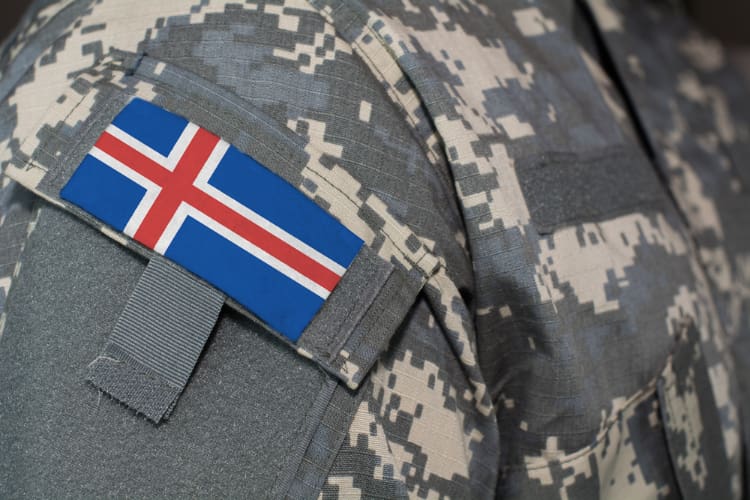
Just like no McDonald’s, there’s no army in Iceland! The reason for Iceland’s lack of an army can be traced back to its history. Iceland was under Danish rule until 1944 when it gained independence. However, it maintained a defense agreement with the United States, which stationed troops in the country to provide security during the Cold War.
In 2006, the US withdrew its military presence, and since then, Iceland has relied on its coast guard for defense. Therefore, despite being a founding member of NATO (North Atlantic Treaty Organization), Iceland does not have a standing military of its own.
While it may seem risky not to have an army, Iceland has maintained its safety and security with its coast guard. In fact, Iceland is often cited as one of the safest countries in the world. The country’s strategic location between North America and Europe and its relatively small population have made it a low-priority target for potential aggressors.
However, the list of things you won’t find in Iceland does not end here. Apart from McDonald’s and the army, Iceland also does not have Starbucks, KFC, or casinos. Not just that, Iceland rarely had any tourism before the eruption of the Eyjafjallajökull volcano in 2010. As if that’s not weird enough, until the 1980s, there were no television broadcasts on Thursdays and for the entire month of July. On top of that, Iceland did not have beer either until 1989!
Iceland is not the only country where you won’t find a McDonald’s.
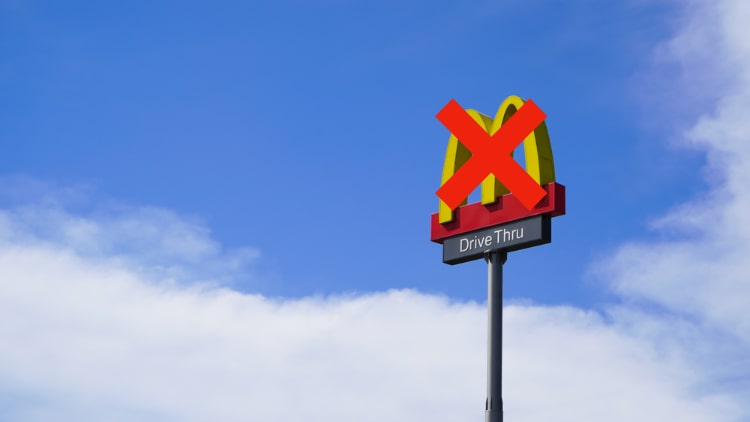
Just like Iceland, you can’t find a McDonald’s in Bermuda as well. A law banning foreign fast-food chains prevented McDonald’s from breaking into the market in Bermuda. Similarly, strained political relations and economic viability prevented McDonald’s from establishing restaurants in Iran and Yemen.
While Macedonia had seven McDonald’s restaurants, they all were closed in 2013 due to a licensing dispute between the franchisee and the European CEO of McDonald’s. North Korea and Zimbabwe have also been averse to American businesses, including McDonald’s.
In Bolivia, the last McDonald’s closed in 2002 due to tension between the government and citizens. The Bolivian president was vocal about his opposition to the franchise, claiming that it was only interested in profits and not the health of human beings. While McDonald’s is not outright banned in Bolivia, it has not been able to operate successfully there since the closure of the last location.
Despite these obstacles, McDonald’s remains a global icon of fast food and continues to expand its reach to new markets. Today, McDonald’s has restaurants in more than 100 countries, with over 38,000 functional restaurants worldwide.


















